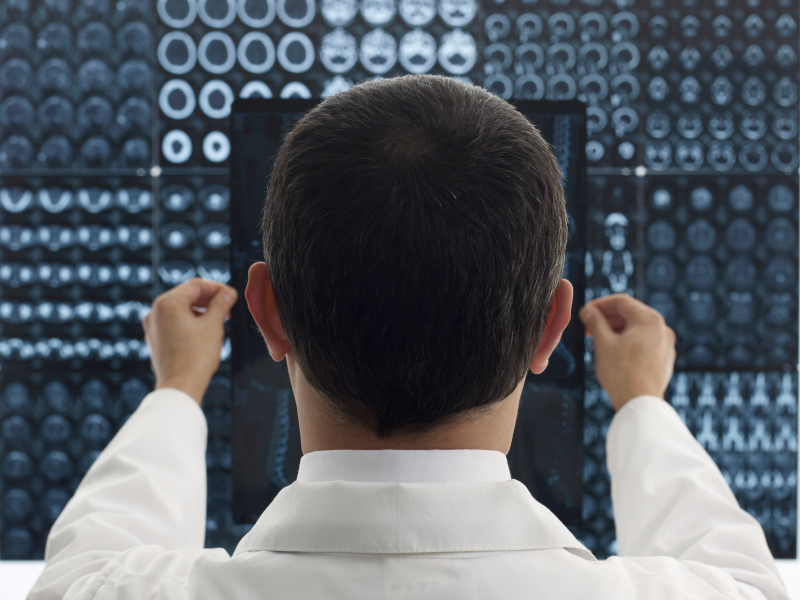Learning the Brain Activity of Anorexia

Anorexia nervosa is a very serious, very destructive and very perplexing disorder, and while the clinical signs of anorexia nervosa have become increasingly recognized, the mortality rate remains among the highest of any psychiatric disorder, according to some sources.
One of the primary stereotyped features of anorexia nervosa as an eating disorder is that those who suffer tend to restrict themselves to a selection of low-calorie, low-fat food. The brain mechanisms underlying this persistent and restrictive eating disorder are so far uncertain.
But recently research has suggested that when people with anorexia nervosa decide what to eat based on these restrictions they are actively engaging a part of the brain associated with habitual behavior.
Monitoring Brain Activity and Anorexia
This findings published in Nature Neuroscience were based on a study conducted by several researchers from various institutions including:
- Columbia University Medical Center
- New York State Psychiatric Institute
- Mortimer B. Zuckerman Mind Brain Behavior Institute
- New York University
Using functional magnetic resonance imaging researchers tracked activity in the brain in real time to monitor 21 women with anorexia nervosa and 21 healthy individuals while they made a series of choices about what food to eat.
Those with anorexia nervosa reliably selected fewer high-fat foods, and the data showed the brain regions used to make those choices were also different from the control group. The people with anorexia nervosa showed activation in two areas in particular:
- The Dorsal striatum
This is a brain region known to be related to habitual control of actions
- Fronto-striatal brain circuits
Predicting how many calories they chose to consume in a meal the following day
Recently there has also been the idea that some people are more genetically predisposed to developing eating disorders and perhaps this is a link in that chain. At this point this is the first time data has linked abnormalities in brain activity with the striking behavioral disturbance of restrictive food choice in people with anorexia nervosa.
New Understanding of Anorexia
In the area of treatment development and understanding of disease mechanism this new information could be the catalyst to discovering new ways to effectively assess and address anorexia nervosa. One of the lead authors of the study was Joanna Steinglass, MD, and associate professor of clinical psychiatry at Columbia University Medical Center. Steinglass stated:
“We are already developing a new psychotherapy intervention built on principles of habit reversal that helps patients with anorexia nervosa change maladaptive behaviors.”
According to Daphna Shohamy, PhD, another author who is the associate professor of psychology and principal investigator at Columbia University’s Mortimer B. Zuckerman Mind Brain Behavior Institute, this discovery could also help link anorexia nervosa to disorders like substance abuse and other conditions that may involve choices related to excessive activity in the dorsal striatum area of the brain.
Big Brain Picture
When we step back and look at this big picture, this means we have a possibility of developing a greater understand of how anorexia nervosa truly affects someone as a whole.
Then the idea that maybe this kind of brain activity related to habitual behavior, like that of substance abuse and drug addiction, could actually reveal more about the nature of its genetic coding after all and provide new ideas for intervention and prevention on multiple fronts as far as curbing harmful habitual behaviors.
This may also have something to do with why there was some positive results shown when scientists attempted to treat anorexia with a brain implant earlier this year by running a wire into the brain with the hope of addressing malfunctions in the nucleus accumbens with some patients suffering from anorexia nervosa.
If the brain activity can be monitored there could be a new found hope for innovative treatment options.
Eating disorders are not always as easy to spot as substance abuse or other mental health disorders, but they are lethal illnesses and with this kind of information specialists can start to pay closer attention to the causes and warning signs. If you or someone you love is struggling with substance abuse or alcoholism, please call toll-free 1-800-777-9588
